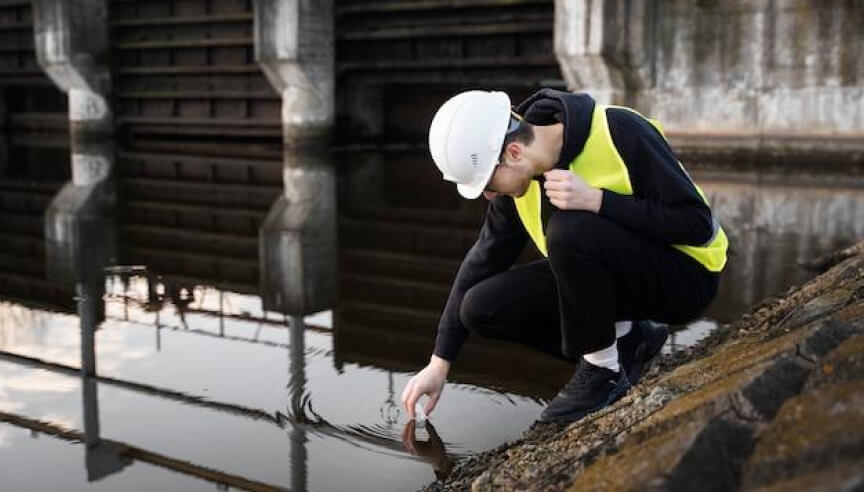Recent Posts
Industrial Wastewater

Industrial operations across various sectors generate significant volumes of wastewater containing a diverse range of pollutants.
Effective wastewater treatment is essential to mitigate environmental impact and ensure compliance with regulatory standards. Here are some major industrial operations that require wastewater treatment:
- Chemical Manufacturing:
Chemical manufacturing processes produce wastewater containing hazardous chemicals, heavy metals, and organic compounds. Treatment is necessary to neutralize pH, remove toxic substances, and prevent contamination of water bodies. - Petroleum Refining:
Petroleum refineries generate wastewater containing oil, grease, heavy metals, and organic compounds. Treatment processes such as oil-water separation, filtration, and biological treatment are employed to remove pollutants before discharge. - Food and Beverage Processing:
Food and beverage processing facilities produce wastewater containing organic matter, nutrients, and suspended solids. Treatment is required to remove organic contaminants, reduce biochemical oxygen demand (BOD), and ensure compliance with sanitation standards. - Textile Manufacturing:
Textile manufacturing operations release wastewater contaminated with dyes, solvents, and suspended solids. Treatment processes such as coagulation, sedimentation, and advanced oxidation are used to remove colorants and other pollutants. - Mining and Mineral Processing:
Mining activities generate wastewater containing heavy metals, acids, and sediment. Treatment is necessary to remove pollutants and prevent acid mine drainage, which can contaminate water sources and harm aquatic ecosystems. - Pulp and Paper Mills:
Pulp and paper production generates wastewater containing lignin, cellulose, and bleaching chemicals. Treatment processes such as sedimentation, filtration, and biological treatment are employed to remove organic matter and reduce chemical oxygen demand (COD). - Electronics Manufacturing:
Electronics manufacturing processes produce wastewater containing heavy metals, solvents, and acids. Treatment is essential to remove toxic substances and prevent contamination of water bodies and soil. - Pharmaceutical Production:
Pharmaceutical manufacturing operations generate wastewater containing active pharmaceutical ingredients (APIs), solvents, and organic compounds. Treatment processes such as adsorption, oxidation, and membrane filtration are used to remove contaminants and ensure water quality. - Automotive Industry:
Automotive manufacturing facilities produce wastewater containing oil, grease, heavy metals, and chemicals. Treatment processes such as oil-water separation, filtration, and biological treatment are employed to remove pollutants and protect water resources. - Power Generation:
Power plants generate wastewater containing pollutants such as heavy metals, ash, and cooling water chemicals. Treatment processes such as sedimentation, filtration, and ion exchange are used to remove contaminants and minimize environmental impact.
In summary, various industrial operations generate wastewater containing a wide range of pollutants, necessitating effective treatment to safeguard the environment and human health. By implementing advanced wastewater treatment technologies and adhering to regulatory standards, industries can minimize their environmental footprint and promote sustainable practices.
